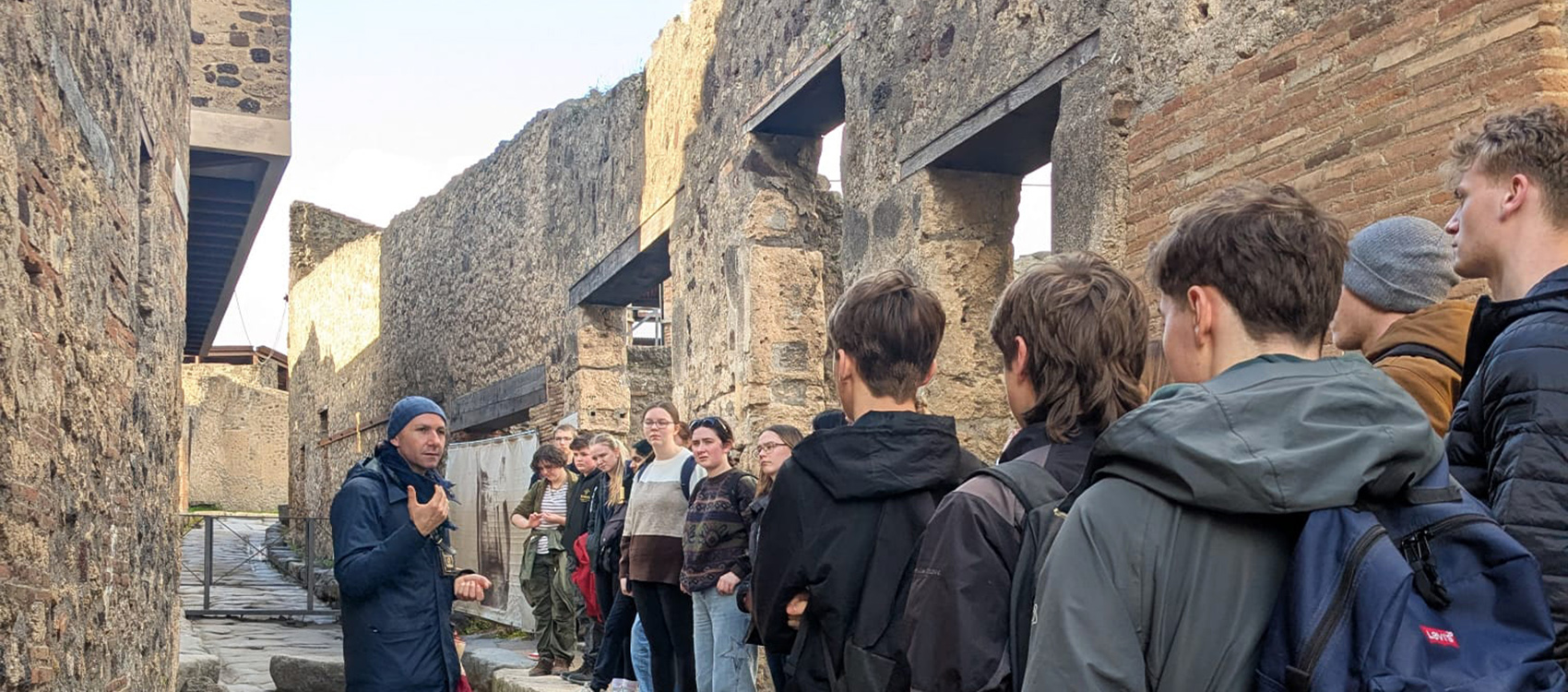Geography

Geography helps pupils understand the physical and human processes shaping our world. At Kennet School, we offer an engaging curriculum which combines fieldwork and theoretical study.
Curriculum Overview
| Key Stage | Qualification | Taught |
|---|---|---|
| 3 | - | ✔ |
| 4 | GCSE Geography | ✔ |
| 5 | A Level Geography | ✔ |
Key Stage 3
Pupils study physical geography, human geography, and environmental issues. Lessons involve map skills, data analysis, and exploring global and local geographical phenomena.
Key Stage 4
Our GCSE: Geography course is over two-years and covers topics such as extreme weather, ecosystems, urban development issues, and global responses to the changing world. Pupils undertake two fieldwork trips which data collection and geographical analysis of human and physical concepts.
Key Stage 5
Kennet School's A Level: Geography course is a rigorous two-year programme which involves advanced study of physical and human geography, fieldwork investigations and research projects. Pupils explore topics such as disease dilemmas, power and borders and hazardous Earth.
Facilities
The Geography Department consists of experienced physical and human geography teachers, located in dedicated classrooms. We also provide access to laptops and tablets to support the use of the most up-to-date geography, such as GIS, as well as access to the most recent textbooks and an abundance of fieldwork equipment.
Geography is as much about learning outside the classroom, as well as in it. Field trips are a fundamental part of learning throughout all key stages, from studying local areas such as Oxford, Henley-on-Thames and nearby rivers, to looking at coastal processes, such as those found at Hengistbury Head. Year 13 students also have the opportunity to explore Naples, which links to their Key Stage 5 curriculum outside the UK.
